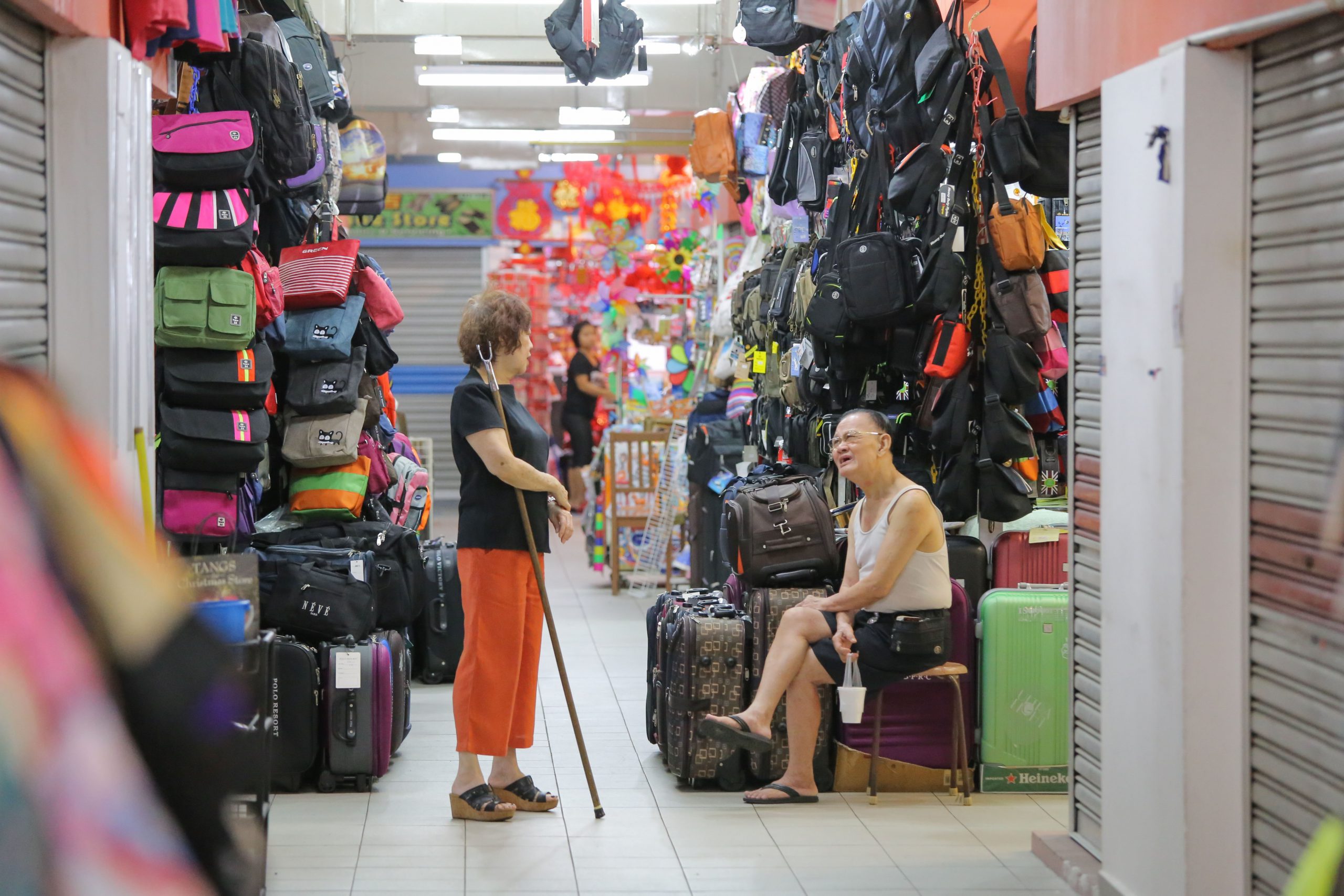Delaying retirement pays off
November 25, 2021
A super-aged society is one where more than one in five of the population is 65 and over. In 2000, Singapore was formally designated as an ageing society. In 2019, Singapore became an aged society. And in less than 10 years, when the last cohort of the baby boomer generation enters their silver years, Singapore is likely to become super-aged. An ageing and shrinking working-age population poses manpower constraints, reduced productivity, government budget challenges, and adds to the burden of providing healthcare resources and providing a social safety net.
In ‘Delaying retirement pays off’ (The Straits Times, 2021), Associate Professor Chia Ngee Choon (NUS Department of Economics) and Assistant Professor Cynthia Chen (Saw Swee Hock School of Public Health) share how results from the Retirement Health Study (RHS) revealed that government measures to raise the retirement age and increase employment of older folk have had a positive impact on Singapore’s productivity, by decreasing retirement by 8.7 per cent.
Singaporeans are living longer than average and enjoying more years of good health. By 2030, the retirement age and re-employment age will be set at 65 and 70 respectively. If the poor health of aged employees in physically demanding jobs holds them back from continuing to work, efforts can be made to create a healthy work environment, through better job designs and technology and mechanization upgrades. Altogether, the increase in retirement and re-employment ages, along with other inclusive work policies, will be useful in mitigating the impacts of societal ageing on our economy.
Read the article here.


